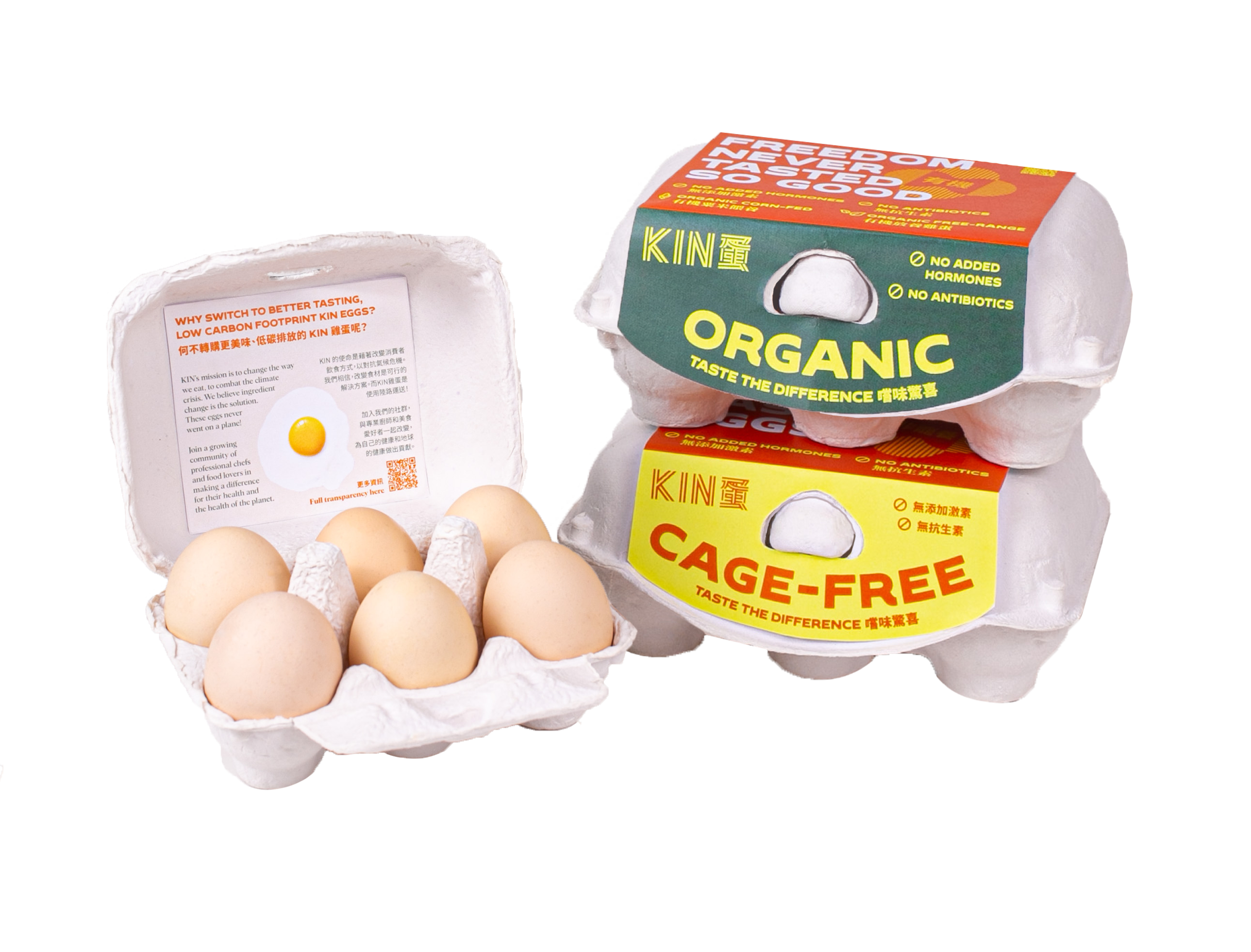Story of Interest
KIN Food: Rebuilding the Food System towards a low-carbon future

Matt Reid, Co-Founder and CEO of KIN
In a world grappling with the urgent need to address climate change, KIN Food, a purpose-driven company, is dedicated to reducing the carbon footprint of our food value chain. In our interview with Co-founder and CEO, Matt Reid, we understand how their agile tech business model allows them to innovate and pioneer solutions to address core problems they have identified. KIN Food is more than just a company that does sustainable actions, but rather a group of people desiring the rebuilding of the food system from scratch so as to create lasting, systemic change.
One of KIN Food's primary mission is to provide quality ingredients with a low carbon footprint by tackling the carbon crisis associated with the supply chain of the food industry, disrupting the conventional approach driven exclusively by cost. They adopt a holistic approach to sustainability: encompassing direct sourcing from regional farms, bypassing the intermediaries and reducing costs for consumers while ensuring farmers are getting fairer value for their products; to low-carbon logistics, such as minimizing use of air flown ingredients to reduce carbon emissions; and responsible kitchen and restaurant practices like using plastic-free, compostable or circular materials.

KIN Organic and Cage-Free Eggs
One of the noteworthy initiatives KIN Food has taken is their utilization of Life Cycle Assessment (LCA) to determine the environmental impact of their organic KIN Eggs. KIN Eggs plays a multifaceted role in the business – it is supplied directly to consumers and other food businesses (including school canteens through their KIN Schools program), and used in KIN Food's own restaurants. Although many consider LCA to be expensive and a data-intensive process, KIN Food saw the importance of collecting primary data relevant to their context in the region.
Matt firmly believes that the benefits of gathering their own primary data and conducting a full LCA far outweighs the associated costs. With the LCA results, they want to develop more critical insights into their supply chain and the environmental impact they create which enables them to make informed decisions, improve their operations, and accurately quantify their impacts towards net-zero targets, such as the reduction of up to 97% carbon from transport by truck instead of flight. Matt hopes that their transparency and commitment to data-driven practices can add further value to their products by guiding consumers and industries to choose a more sustainable option.
By continuously innovating, KIN Food embraces the philosophy that changing systems can only be achieved through pushing boundaries and having persistence. By assuming the role of change-catalysts within the industry, KIN Food exemplifies how purpose and sustainability can be integrated into a successful business model, demonstrating that a low-carbon business is economically viable and vital for the health of consumers and the planet.